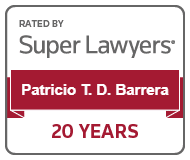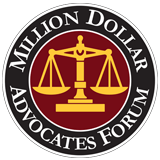Being labeled a whistleblower is not necessarily a bad thing. It is also not necessarily a good thing. Why? If you are considered a whistleblower in an employment setting you could wind up being the victim of workplace discrimination if your employer retaliates against you. Let’s take a look at whistleblowing and what it means for the workplace.
When you decide to become a whistleblower it’s because you are informing the public or the authorities about wrongdoing that is happening at your place of employment. Some of the most common activities that are brought to the public eye include bullying, harassment, violations of the health and safety codes, unethical practices, fraud, embezzlement, discrimination, cover-ups and more.
Even though there are laws in place that protect whistleblowers from retaliation, employers often still retaliate in one way or another. Retaliation can include a demotion, a drop in pay, being passed over for a promotion, harassment and even being fired.
It is also possible for a whistleblower to suffer legal consequences if the information they brought to the public or to law enforcement was deemed to be illegitimate. This means that the whistleblower either made up the claims, provided false information, or mistakenly brought up the wrong issues present at the workplace.
If you have blown the whistle on something unethical or illegal happening at your place of employment, you are protected by various laws in California and at the federal level. Make sure you have an idea of what’s to come as some employers will retaliate against those who are whistleblowers.





